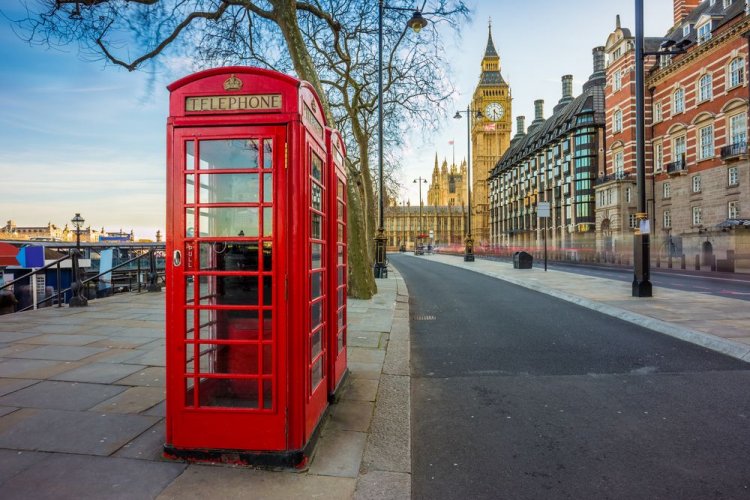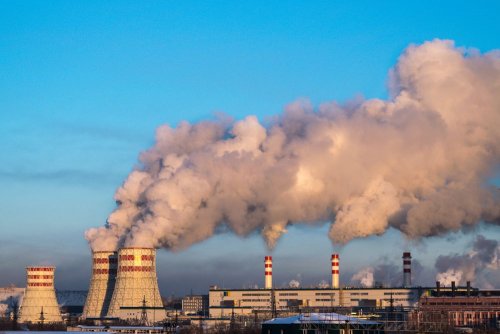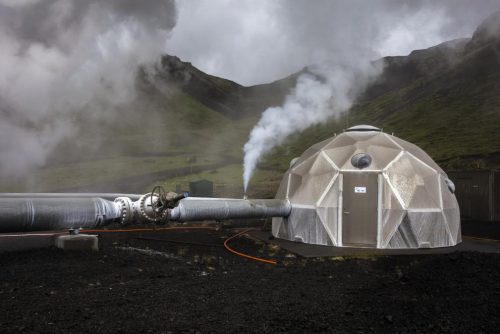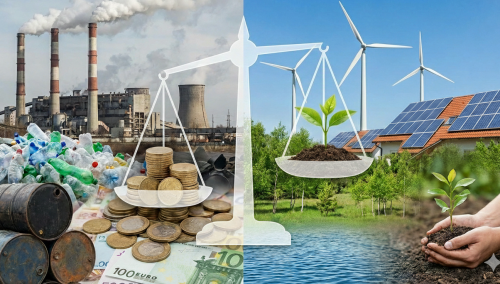A report by the Energy and Climate Intelligence Unit (ECIU) and the Confederation of British Industry (CBI) showed that the UK's green economy grew by 9% in 2023, with overall growth reaching 0.1%.
However, changes in government policy, lack of investment, and competition from the EU and the US threaten the future growth of green business, The Guardian reports.
It is noted that in 2023, the green sector provided 765,000 jobs across the country that are not concentrated in London or another region. In addition, the report recorded the activity of green businesses in disadvantaged areas of the UK, which improves the quality of life in them.
The report emphasized that achieving climate neutrality is vital to limiting the damage from the climate crisis. This will not only promote economic growth, but also reduce energy costs for households and businesses. It will also ensure energy security and eliminate dependence on volatile fossil fuel markets.
"Amid economic stagnation, the net zero economy is bucking the trend, but it is clear that the political reversals of the past year have undermined investor confidence at a time when the US and EU are investing billions in the fight for clean industries," said ECIU director Peter Chalkley.
It is noted that British Prime Minister Rishi Sunak has weakened climate policy, namely:
- weakened the introduction of electric cars and heat pumps,
- supported new drilling of oil and gas wells against the advice of scientists.
In addition, the United Kingdom has recently lowered its index of attractiveness for investment in renewable energy. And the amount of investment in the green economy was halved – to 28 billion pounds per year.
"The UK's zero economy offers huge opportunities for the development of new, innovative businesses. Unfortunately, we are lagging behind the rest of Europe," said Heatio's commercial director Thomas Farquhar.
He pointed out that only 1% of British homes have switched to low-carbon heating, compared with 66% in Norway. In addition, only 5% of homes in the UK have solar panels, compared to 16% in the Netherlands.
A report by the London School of Economics highlighted that too much current investment continues to go into unsustainable economies, such as oil and gas, and new homes and offices that are not energy efficient.
"The UK needs to increase annual public investment by around 1% of GDP – £26 billion in current prices – to make up for decades of underinvestment," the LSE report says.
Earlier, EcoPolitic wrote, that the UK government will allocate more than 190 million pounds (about $241 million) to 12 winners of the "Local Industry Decarbonization Plan" to reduce emissions and transition to green energy.
As EcoPolitic previously reported, the government of Great Britain announced that starting in 2027, the country will introduce its analogue CBAM (the European carbon import adjustment mechanism).





